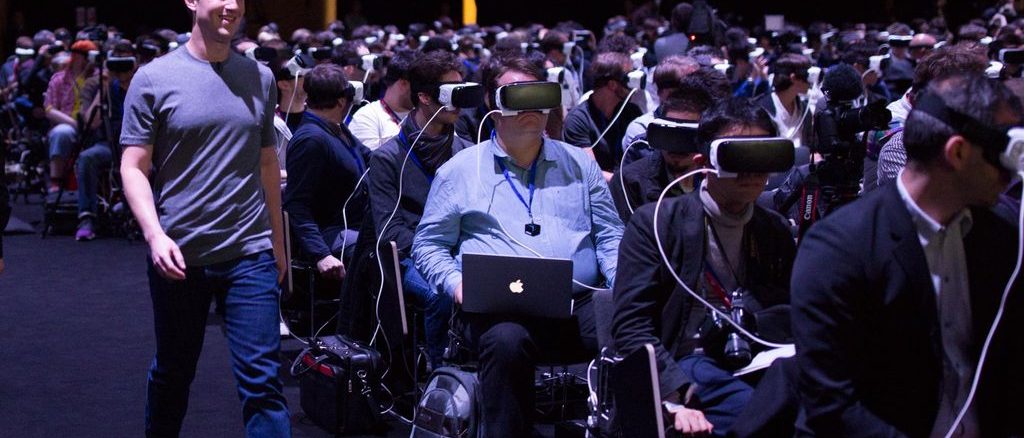
Facebook: Beginning of a New Era
Can you envision a world devoid of Facebook, Instagram, or WhatsApp? Two decades ago, an ambitious Harvard student unveiled a digital platform exclusively for his peers- thus, Facebook was born. This humble student project now stands tall as a global entity, with immense power and reach. Founder Mark Zuckerberg, despite facing regular criticisms, shows no signs of stepping down. This groundbreaking company celebrates its 20th anniversary today, continuing to integrate society with technology more seamlessly than ever before.
The Birth of Facebook
The inception of Facebook lies in a notorious tale. Back in 2003, Zuckerberg, under the influence of alcohol, created ‘FaceMash’, a website for rating female students based on their attractiveness. To achieve this, he exploited personal information without permission, sparking outrage on privacy infringements. Despite the incident leading to an immediate ban of the site and garnering an official warning for his unauthorized venture, Zuckerberg later dismissed it as nothing more than a “joke.” This disregard towards privacy issues foreshadowed the criticism Zuckerberg would face in his quest for digitizing human interactions. Today, Zuckerberg heads Meta, an empire encompassing Facebook, Instagram, and WhatsApp.
Facebook and Controversial Incidents: A Recurring Phenomenon?
Meta’s journey has been punctuated by regular crises such as misinformation during elections, filter bubbles, minor to major privacy scandals, and its controversial approach towards hate speech. It was just this week when Zuckerberg, along with other tech CEOs, was grilled by American politicians for their companies’ inability to protect children online. Emphasizing the gravity of the situation, Zuckerberg even apologized to the victims of online child exploitation. However, no scandals succeeded in ringing down the curtains on Facebook or its counterparts. Each day, more than three billion people worldwide log on to one of Meta’s apps, contributing to billions of Euros in profit, signifying its embedded existence in our society.
Meta: An Indispensable Entity in a Connected World
Reflecting the company’s profound grip on society, it seems impossible for any other app to replace Meta’s role. The Federal Trade Commission (FTC) has targeted it since late 2020, aiming to dissolve this mega-corporation, yet to no avail. The situation differs within the EU, where they focus on regulating new rules to limit Meta’s power. Meta views these actions warily, yet its most significant threat may arise from emerging competitor TikTok. This app, equipped with an addictive recommendation algorithm, deviates user attention, causing a loss in Meta’s user engagement. Instagram’s recent feature, ‘Reels,’ reveals Zuckerberg’s attempt to mirror TikTok’s success, mirroring his previous strategy with Snapchat. Yet, it seems less effective as TikTok boasts over 1 billion global users.
Zuckerberg: The Power Behind Facebook
Mark Zuckerberg embodies Facebook. He retains his hold over the company, with the power to only be dismissed by himself. This position conveys his tremendous authority not only as the executive director but also as the chairman of the supervisory board. Two years ago, Zuckerberg initiated Facebook’s transition into Meta. This shift indicated the company’s commitment to creating the metaverse, a digital world accessible through a VR headset. Although Meta has invested tens of billions of dollars in this venture, the intended success is still elusive.
Final Remarks
As Meta strives to remain a pioneer in technological innovation, it maintains its broad consumer base, thanks to its well-established apps. According to a recent survey by Newcom, WhatsApp has over 13 million users, Facebook has 10 million, and Instagram has 8 million in the Netherlands alone. These stats indicate not just the power of older tech developments but the challenges of transitioning to something new.

Be the first to comment